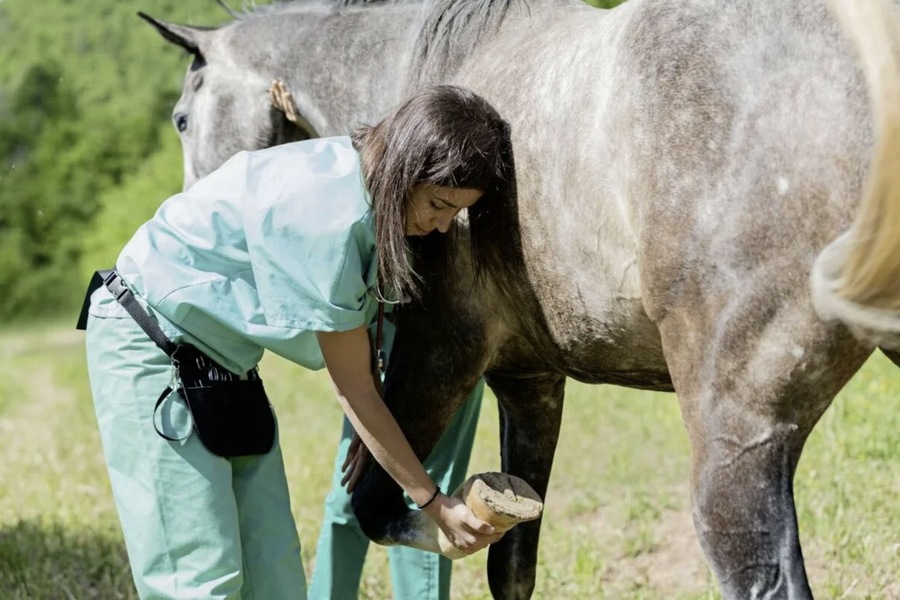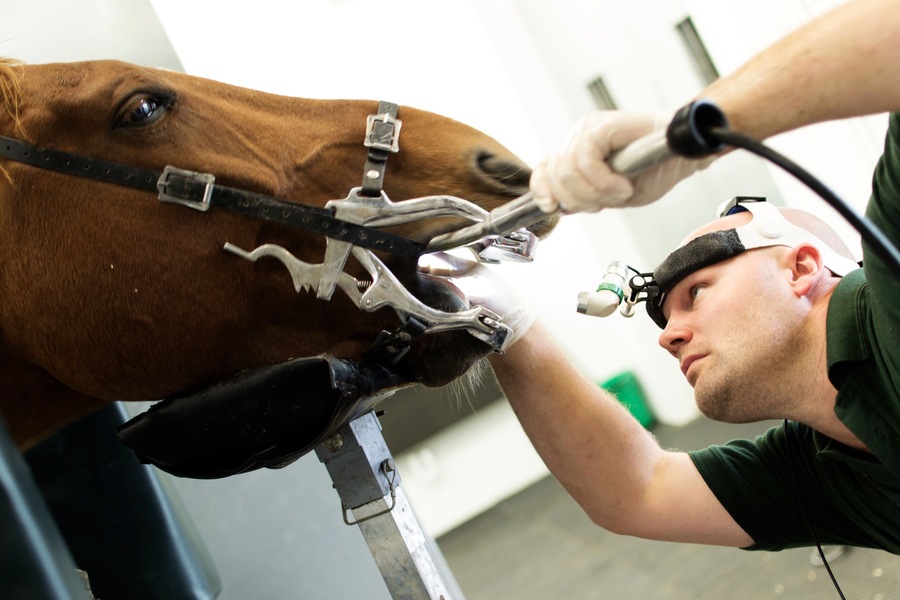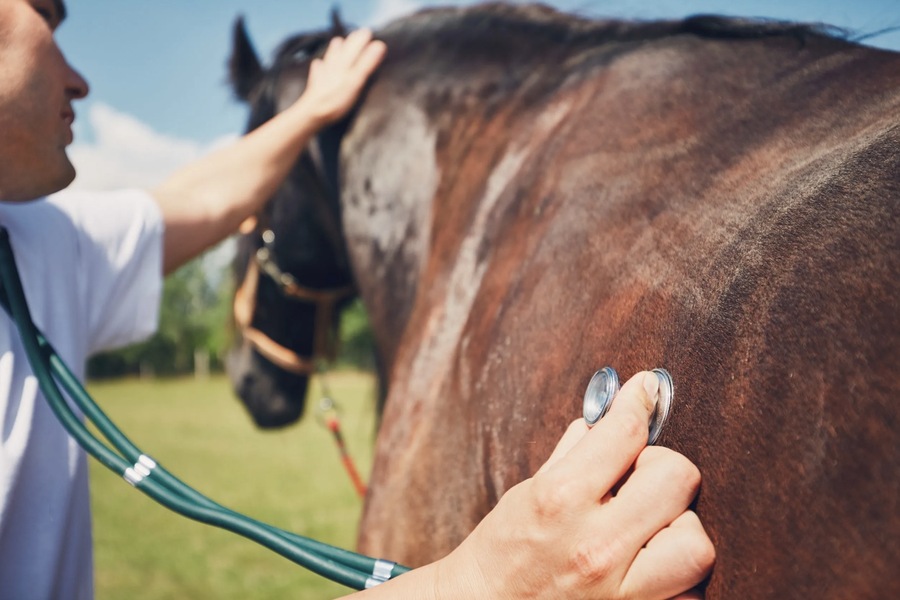The equine industry has long been associated with strength, beauty, and agility. From the racetracks to the stables, horses are revered for their unmatched physical capabilities. However, behind their elegant stature lies an industry in dire need of reform, particularly when it comes to the care of these majestic creatures. As the demand for performance and utility increases, so too does the need for a holistic approach to equine healthcare. This article examines the critical need for better care in the equine industry, highlighting essential aspects such as nutrition, mental well-being, and the role of supplements like vitamin E and selenium supplements for horses in supporting overall health.
The Current State of Equine Care: A Fragmented System
While the equine industry is vast, it remains a fragmented system. The care of horses often depends on the resources available to their owners, whether they are athletes, breeders, or enthusiasts. A large portion of equine care remains reactive rather than preventive, with a heavy emphasis placed on performance enhancement and competition rather than holistic well-being. According to the American Veterinary Medical Association (AVMA), there are over 7 million horses in the United States alone, and this number continues to grow. However, despite the industry’s expansion, the access to and quality of equine veterinary care remain inconsistent.
One of the most glaring gaps in equine care is the lack of proper nutritional management. Horses, especially performance horses, require carefully balanced diets that are often overlooked. The nutritional deficiencies, such as inadequate intake of essential vitamins and minerals, are common yet largely underaddressed.
The Role of Vitamin E and Selenium Supplements for Horses
As we push the boundaries of equine performance, the importance of nutrition and supplementation cannot be overstated. Vitamin E and selenium are two critical nutrients that play pivotal roles in maintaining muscle function, immune system health, and overall vitality. These nutrients, often administered through supplements, are essential for horses involved in strenuous physical activities, including racing, jumping, and working.
Vitamin E is a powerful antioxidant that protects cells from oxidative stress and damage. This is particularly vital for horses in high-performance settings, where muscle recovery and immune system support are critical. It helps prevent conditions like muscle stiffness and exertional rhabdomyolysis (commonly referred to as “tying-up”), which is a muscle disorder triggered by exercise. Without adequate vitamin E, horses are more susceptible to these issues, which can result in both short-term discomfort and long-term physical damage.
Selenium is equally important, as it supports the body’s ability to fight off infections and promotes healthy muscle function. It works synergistically with vitamin E to combat oxidative stress, particularly in muscles that are under strain. Selenium is crucial for preventing conditions like white muscle disease, a muscle degeneration disorder, which is prevalent in foals but can also affect adult horses. The correct balance of selenium is vital — too much can be toxic, but too little can be equally harmful, leading to muscle weakness and even death in extreme cases.
Despite the known importance of these supplements, many horses continue to suffer from deficiencies that are entirely preventable. A study published in the Journal of Equine Veterinary Science found that nearly 25% of horses in the United States had low levels of selenium, and many horses were also found to be deficient in vitamin E. This statistic highlights the need for better dietary planning and supplementation within the industry, especially for horses undergoing intense physical exertion.

The Psychological Aspect of Equine Care: An Overlooked Factor
Beyond nutrition, mental and emotional well-being are equally critical but often neglected aspects of equine care. Horses are sensitive animals with complex social structures, and poor mental health can lead to physical ailments, decreased performance, and behavioral issues. The pressures of high-stakes competition, lack of proper socialization, and inadequate living conditions can all contribute to mental stress, which has been shown to have a profound impact on a horse’s overall health.
Equine stress is a growing concern in the industry, with studies indicating that horses under constant pressure, whether due to overtraining or isolation, experience elevated cortisol levels. Prolonged stress can weaken the immune system, slow down recovery times, and increase the likelihood of injuries. Horses that are isolated or lack proper social interaction can develop behavioral issues like cribbing or weaving — repetitive movements caused by stress. Addressing these behavioral issues requires a holistic approach that goes beyond simply treating the symptoms and delves into the root causes of anxiety.
The Need for Comprehensive Veterinary Care
One of the key drivers for change in the equine industry is the need for comprehensive veterinary care. While performance horses often have access to top-tier veterinary support, many horses in recreational settings do not receive the same level of attention. Access to preventive care — including regular checkups, vaccinations, dental care, and farrier services — is essential for the health and longevity of horses across the spectrum.
Additionally, the role of veterinary professionals in advising on proper nutrition and supplementation cannot be overstated. Veterinary advice should extend beyond treatment for illness or injury to proactive care strategies that optimize a horse’s health throughout its life. Regular screenings for vitamin and mineral deficiencies should be part of routine care, particularly for performance horses, which have heightened nutritional demands. This requires a shift from a reactive model to a preventive and holistic approach to care.

The Case for Industry-Wide Reform
To achieve better care for horses globally, the equine industry must embrace a more holistic, preventative, and comprehensive approach. This includes prioritizing the welfare of the horses both physically and mentally, with a focus on optimal nutrition, adequate supplementation, and proper veterinary care. With the rise of equine sports and recreational horse ownership, the demand for better care is higher than ever. The industry’s evolution requires more access to quality veterinary services, greater awareness of the importance of supplements like vitamin E and selenium, and more education for owners on how to provide holistic care for their horses.
By improving the way we care for horses in the equine industry, we not only enhance their performance and longevity but also honor their role in our lives. Horses are not mere tools for competition or labor; they are sentient beings deserving of respect and care that mirrors their value. By investing in their health and well-being, we invest in the future of the equine industry.
Conclusion: A Future of Better Care
The equine industry stands at a crossroads. While progress has been made, there is a pressing need for improvement in the way we care for these incredible animals. By prioritizing nutritional health, including the use of essential vitamin E and selenium supplements for horses, and by considering their emotional and physical needs holistically, we can ensure a brighter, healthier future for horses worldwide. The time for a comprehensive approach to equine care is now.

Soccer lover, vegan, DJ, Saul Bass fan and fullstack designer. Working at the crossroads of art and sustainability to craft delightful brand experiences. Let’s design a world that’s thoughtful, considered and aesthetically pleasing.
